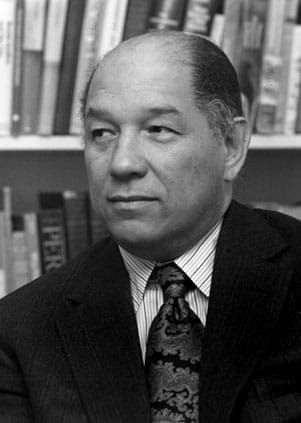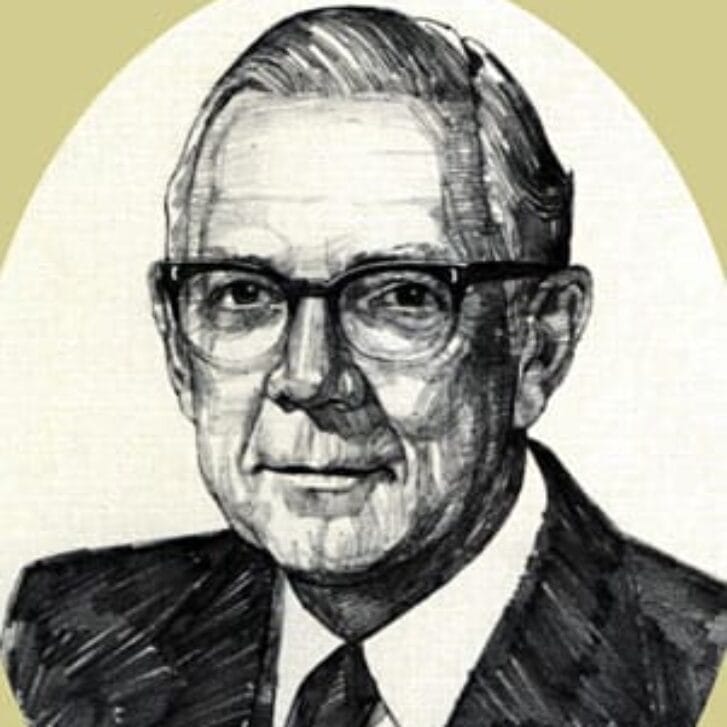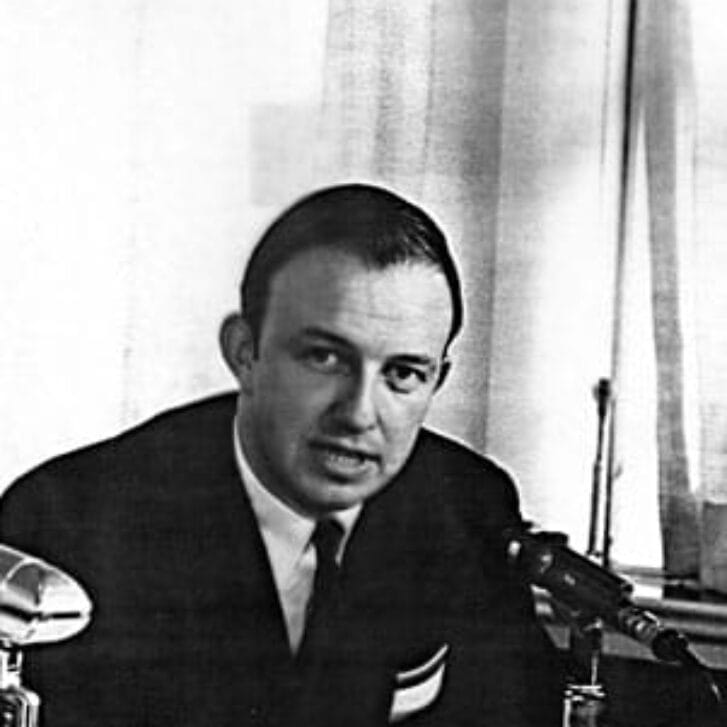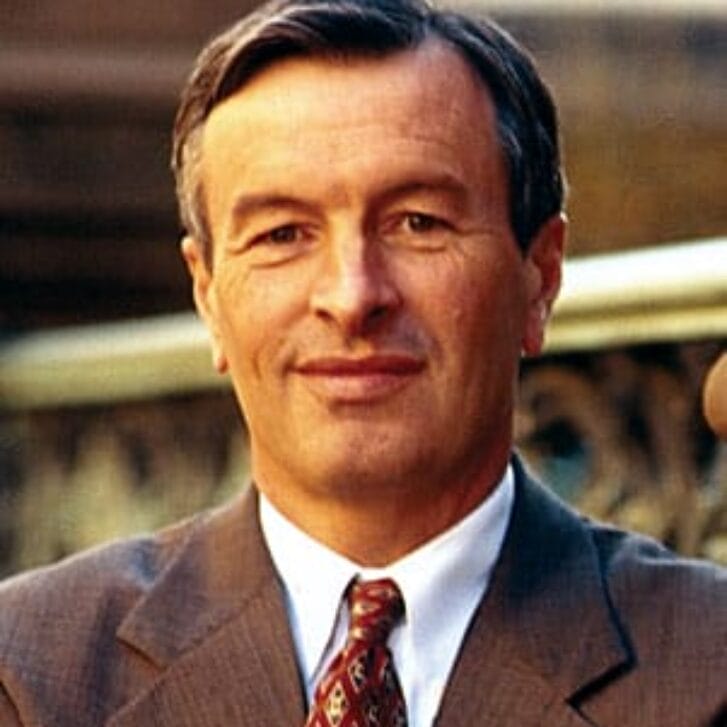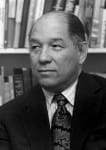 Howard Mitchell brought corporate social responsibility and equality issues into American organizations at a time when neither was assumed. Mitchell was the founding director of Wharton’s Human Resource Center and only the second African-American professor hired at the University of Pennsylvania, as well as the first at Wharton.
Howard Mitchell brought corporate social responsibility and equality issues into American organizations at a time when neither was assumed. Mitchell was the founding director of Wharton’s Human Resource Center and only the second African-American professor hired at the University of Pennsylvania, as well as the first at Wharton.
At the height of the civil rights movement in 1965, Mitchell wrote that America needed “devices and a sharp look at the processes whereby we assure greater opportunities for realizing the maximum potential for the pursuit of happiness and individual growth in every citizen.” He made it his goal to do so. Born in Indiana in 1921, Mitchell earned a psychology degree from Boston University, where he distinguished himself as a varsity athlete in football, basketball, and baseball, earning a spot in BU’s athletic Hall of Fame. During the summer between his sophomore and junior years, he pitched for the New York Black Yankees in the National Negro League.
When Mitchell graduated in 1943, he served in the Army in Europe during World War II, where he again distinguished himself (he was later honored with a service award by President Bill Clinton). After the war, Mitchell earned a doctorate in clinical psychology from Penn in 1950, starting at the medical school as an assistant professor of psychiatry in 1955. For 37 years he taught at Penn schools, including 18 years at Wharton, breaking ground on issues ranging from family psychology to corporate social sensitivity. The UPS Foundation Professor of Human Resources and Management also directed Wharton’s Center for Transit Research and Management Development.
He had a direct and lasting impact as well. Mitchell redesigned public transportation systems to be more humanistic in major U.S. cities, including Philadelphia and via a $90 million project for New York City. He also established criteria for corporate social responsibility, consulting for General Motors, Ford Motor Co., and the U.S. Department of Transportation. A Wharton fellowship and forum focusing on blacks in industry are named in his honor. Mitchell died in 1999.




















